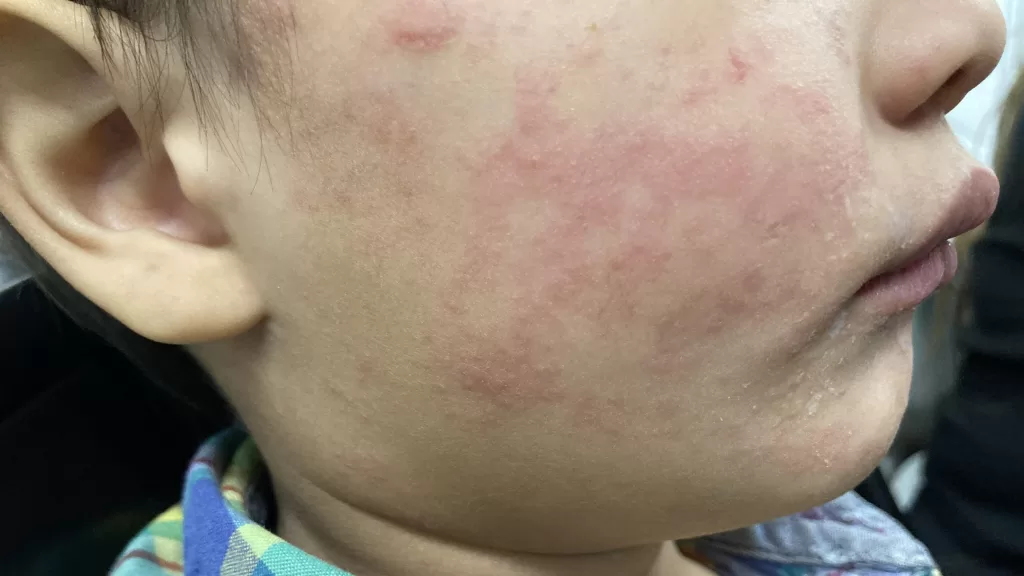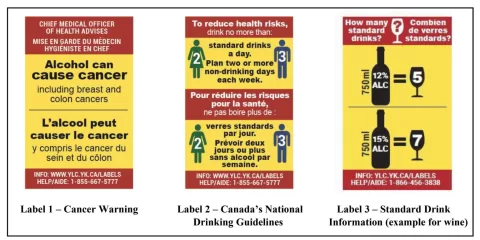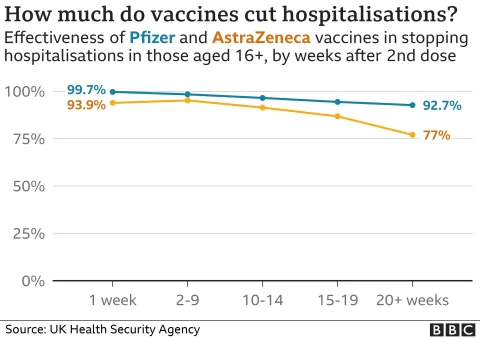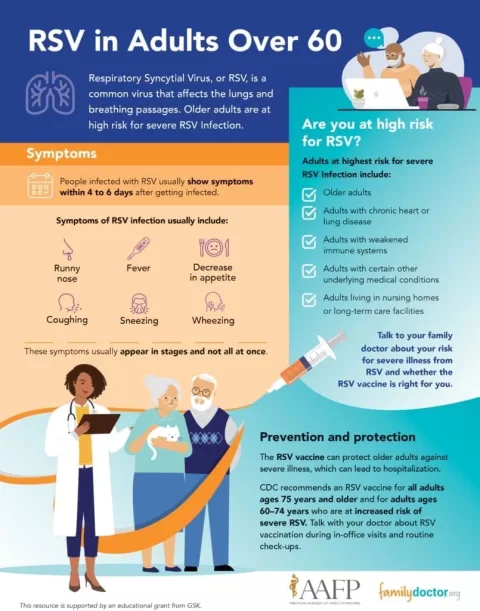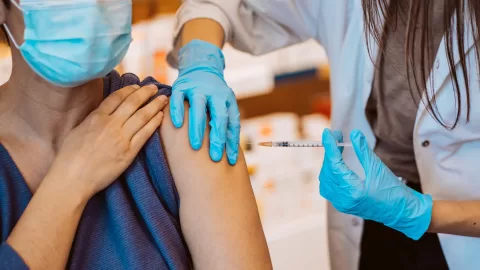The recent measles outbreak has raised alarm bells across the nation, particularly in Texas, where numerous cases have emerged. Health officials are sounding the alarm about the public health risks associated with this highly contagious disease, which has already resulted in serious illness among many children. Amidst this crisis, a doctor from Texas has gained attention for treating infected children while displaying a measles rash himself, igniting a heated debate about measles treatment and the importance of vaccination. As the situation unfolds, it’s critical for communities to understand the significance of measles vaccination and to consult with qualified measles doctors to safeguard their children’s health. The ongoing discussion around the outbreak underscores how vital it is to prioritize public health measures to prevent further infections and ensure safety in the wake of this outbreak.
In the context of widespread illness, particularly in relation to the recent surge in cases of a highly contagious viral infection, the public’s attention has shifted to effective prevention and treatment strategies. This situation, often described in the media as a viral epidemic, highlights the urgent need for comprehensive vaccination campaigns to mitigate health implications. With Texas facing a significant challenge in managing these cases, health authorities are advocating for awareness and preventive actions against this infectious disease. The conversations surrounding such outbreaks often pivot on the role of medical professionals and the efficacy of treatments, stirring debates on public health and community responsibility. As discussions evolve, the importance of consulting health experts and adhering to vaccination guidelines becomes more critical than ever.
Understanding the Current Measles Outbreak in Texas
The measles outbreak in Texas has raised alarm among public health officials and communities alike, with reported cases climbing and multiple individuals—among them children—falling victim to this highly contagious disease. The Centers for Disease Control and Prevention (CDC) has classified measles as one of the most contagious diseases globally, noting it can spread through respiratory droplets even before symptoms manifest. Texas is currently witnessing a surge in infections, prompting concerns about public health risks associated with unvaccinated populations.
In recent weeks, the spike in Texas measles cases has highlighted the critical importance of measles vaccinations. The ongoing outbreak has not only caused illnesses but, alarmingly, resulted in deaths, including that of two children. These tragic outcomes underscore the necessity of vaccination programs and community awareness to combat the spread of this virus and protect vulnerable populations. As health officials continue to monitor the situation, public engagement in vaccination campaigns becomes an imperative solution to mitigating further risks.
The Role of Medical Professionals During Outbreaks
In times of health crises, such as the measles outbreak currently unfolding in Texas, the actions of medical professionals become crucial in safeguarding the public’s health. Physicians are expected to adhere strictly to health guidelines, which include preventing patient exposure to infectious diseases. However, the recent video highlighting Dr. Ben Edwards treating children while visibly infected with measles raises significant ethical concerns regarding the responsibilities of healthcare providers in such scenarios.
Many public health experts emphasize that medical practitioners should prioritize the safety of their patients and avoid actions that could potentially escalate health risks within their communities. Edwards’ choice to continue seeing patients in a compromised state, despite being infected with measles, puts into question his adherence to public health practices. Moreover, it serves as a stark reminder of the need for rigorous standards within the medical community to prevent similar behaviors and protect public health from unnecessary risk.
The Debate Over Measles Vaccination
The ongoing vaccination debate has resurfaced in light of the current measles outbreak, highlighting the tension between health policies and personal beliefs. Measles vaccinations have been proven effective in preventing the disease and its complications; however, movements against vaccination continue to gain traction in some communities, complicating public health efforts. Health Secretary Robert F. Kennedy Jr.’s recent praise for unproven treatments and medical practitioners—coupled with his inadequate response regarding vaccination—exemplifies the challenges faced in promoting immunization.
The complexities of the vaccination debate not only affect individual decisions but also have widespread implications for community health. With measles being highly contagious, the importance of herd immunity cannot be overstated. Vaccination plays an essential role in achieving this immunity, reducing the risk of outbreaks and associated public health risks. Thus, fostering an environment that supports vaccination could be key to effectively managing and eventually curtailing outbreaks like the one currently observed in Texas.
Public Reactions and Concerns About Health Officials
Public reaction to health officials’ responses during the measles outbreak has been mixed, with many expressing confusion and concern regarding their guidance. The visit of Robert F. Kennedy Jr. to meet with Dr. Ben Edwards, who exhibited symptoms of measles while treating patients, has left some members of the community questioning the priorities of health leadership. The perception that health officials might prioritize personal narratives over empirical medical advice complicates their role and undermines public trust in health guidelines.
Moreover, concerns voiced by medical professionals point to the potential long-term effects of misleading information from public health leaders. As misinformation about vaccines proliferates, health authorities must work diligently to balance personal beliefs with scientifically-backed recommendations, ensuring that public health remains a focal point. The actions of officials like Kennedy who engage with controversial figures within the medical community serve to further complicate public perception, emphasizing the need for clear, evidence-driven communication.
The Impact of Anti-Vaccine Sentiments on Public Health
The rise of anti-vaccine sentiments poses a significant threat to public health, particularly in areas experiencing outbreaks like measles. The current situation in Texas illustrates how misinformation can lead to declining vaccination rates, directly correlating with increased disease incidence. Public health officials reiterate that vaccination is crucial in preventing outbreaks, and any hesitancy or reluctance fueled by anti-vaccine rhetoric can endanger entire communities.
Dr. Ben Edwards’ endorsement of unproven treatments amidst the outbreak, along with Robert F. Kennedy Jr.’s promotion of such practices, exemplifies the detrimental influence anti-vaccine sentiments can have on public trust in established medical guidance. Consequently, the dialog surrounding vaccination must navigate these complex socio-political dynamics to reinforce evidence-based medicine and protect the health of communities, thereby combating the impact of misinformation.
Ethical Dilemmas Faced by Healthcare Providers
The ethical implications of healthcare providers treating patients while infectious raises critical questions about responsibilities and professional conduct. In the case of Dr. Edwards, his decision to treat patients amidst a measles infection not only puts others at risk but also challenges the ethics of patient care. Physicians are ethically bound to prioritize their patients’ health and well-being, and any actions that could jeopardize that trust must be scrutinized.
The discussions surrounding Edwards’ choices intrigue debates about the ethics of healthcare during outbreaks grounded in public health principles. Health professionals are expected to follow guidelines aimed at reducing transmission risks; any disregard for these principles could have severe consequences, including exacerbating outbreak conditions. The case urges a reevaluation of how healthcare providers approach personal health issues in the context of patient care, reiterating the importance of ethical vigilance.
Gender and Health Disparities Amid Outbreaks
Gender disparities in health outcomes can become magnified during outbreaks like the current measles crisis in Texas. Women, particularly mothers, often bear the brunt of health crises, facing pressure to care for sick children while navigating healthcare decisions. This dynamic can affect vaccination rates as well; when parents are overwhelmed by misinformation or lack support, decision-making processes regarding measles vaccination become increasingly complex.
Moreover, children’s health is frequently intertwined with their mothers’ health knowledge and confidence. Public health campaigns need to consider these gendered dynamics, ensuring that messages resonate effectively among different demographics. Maintaining equitable access to vaccination resources is vital, yet gender-related barriers can impede efforts, highlighting the need for tailored approaches in combating measles outbreaks.
Preventing Future Outbreaks: The Role of Community Engagement
Community engagement is paramount in preventing future measles outbreaks and ensuring high vaccination rates. Mobilizing local communities to understand the importance of measles vaccination can significantly mitigate the risks of infectious disease spread. Public health officials must not only promote awareness but actively involve communities in vaccination initiatives, ensuring that all voices are heard.
Effective communication strategies that resonate with community values and experiences can help dismantle vaccination hesitancy rooted in misinformation. Educational campaigns should target misconceptions about the measles vaccination, emphasizing the safety and efficacy based on empirical data. By fostering trust and collaboration between healthcare providers and the community, it becomes possible to create resilient health systems capable of weathering outbreaks more effectively.
Conclusion: Policies and Practices to Combat Measles Outbreaks
The ongoing measles outbreak in Texas serves as a powerful reminder of the need for robust public health policies to safeguard communities. As seen from the ineffective responses and behaviors of public figures, the approach to health crises must be evidence-based and proactive. This can include strengthening vaccination mandates, enhancing public health education, and ensuring accessibility to information that empowers communities to make informed health decisions.
Public health authorities must also address the underlying sentiment of vaccine hesitancy by fostering transparent conversations and providing steadfast support for vaccinated communities. By prioritizing the health of vulnerable populations and establishing a strong commitment to vaccination and public health principles, future outbreaks can be effectively managed, ensuring the safety and well-being of all individuals.
Frequently Asked Questions
What are the current Texas measles cases reports during the outbreak?
The Texas measles outbreak has resulted in hundreds of reported cases, with three fatalities, including two children. State health officials are closely monitoring the situation, emphasizing the importance of vaccination to prevent further transmission.
How can a measles doctor effectively treat children during an outbreak?
A measles doctor should prioritize the safety of patients by wearing protective gear, ensuring that they are vaccinated, and following strict public health guidelines. Effective treatment may include antiviral medications and supportive care, but vaccination remains crucial to prevent infections.
What are the public health risks associated with the current measles outbreak in Texas?
The Texas measles outbreak poses significant public health risks, including fast transmission of the virus, severe illness in children, and the potential for long-term complications or death. Health officials stress that vaccination is the best defense against these risks.
What is the debate surrounding measles treatment amidst the outbreak?
The measles treatment debate centers on the use of unproven therapies, as seen with cases where practitioners promote non-standard methods. Public health experts caution against such practices, advocating for vaccination as the most effective preventive measure during outbreaks.
Why is measles vaccination crucial during a measles outbreak?
Measles vaccination is crucial during an outbreak because it provides immunity to individuals, reducing transmission rates and protecting vulnerable populations. Vaccination is the most effective way to halt the spread of measles and safeguard public health.
| Key Points | Details |
|---|---|
| Measles Outbreak Context | A significant measles outbreak occurred in Texas, with hundreds infected and three fatalities, including two children. |
| Doctor’s Actions | Dr. Ben Edwards treated children despite having measles, potentially risking further spread of the virus. |
| Public Health Concerns | Health experts criticized Edwards for exposing others to measles, as it is highly contagious. |
| Robert F. Kennedy Jr.’s Involvement | Kennedy praised Edwards as an ‘extraordinary healer’ and did not emphasize the importance of vaccinations during the outbreak. |
| Public Response | Doctors expressed concern over Kennedy’s lack of urgency to promote vaccinations amidst the outbreak. |
| Expert Opinions | Experts critic criticized the irresponsible behavior displayed by Edwards and Kennedy regarding public health. |
Summary
The recent measles outbreak has underscored the critical importance of vaccinations and public health measures. The actions of Dr. Ben Edwards, who treated infected children while displaying measles symptoms, have prompted serious concerns regarding community safety. Furthermore, the endorsement from Health Secretary Robert F. Kennedy Jr. for unproven treatments instead of vaccinations has raised alarms among health professionals. As the situation continues to develop, it is evident that public health guidelines must be strictly followed to prevent further spread of the measles outbreak and protect vulnerable populations.
The content provided on this blog (e.g., symptom descriptions, health tips, or general advice) is for informational purposes only and is not a substitute for professional medical advice, diagnosis, or treatment. Always seek the guidance of your physician or other qualified healthcare provider with any questions you may have regarding a medical condition. Never disregard professional medical advice or delay seeking it because of something you have read on this website. If you believe you may have a medical emergency, call your doctor or emergency services immediately. Reliance on any information provided by this blog is solely at your own risk.



